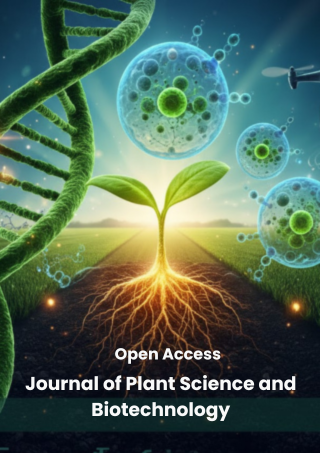Plant Stress Biology
Plant stress biology explores how plants perceive, respond, and adapt to diverse environmental stresses that can limit their growth, productivity, and survival. These stresses may be abiotic, such as drought, salinity, extreme temperatures, nutrient deficiency, and oxidative stress, or biotic, including pathogens, pests, and herbivores. Understanding the molecular, physiological, and biochemical mechanisms underlying plant stress responses is crucial for developing resilient crop varieties. Research in this area investigates signaling pathways, stress-responsive genes, transcription factors, hormones, and metabolites that regulate defense and tolerance mechanisms. Plants employ strategies such as osmotic adjustment, antioxidant defense, production of stress proteins, and modulation of photosynthesis to cope with unfavorable conditions. Advances in genomics, transcriptomics, proteomics, and metabolomics are accelerating discoveries in stress biology, providing deeper insights into plant adaptation. Applications of plant stress biology extend to crop improvement, where knowledge of stress mechanisms is harnessed to engineer or breed varieties with enhanced tolerance. With global agriculture increasingly challenged by climate change and resource scarcity, plant stress biology provides the foundation for ensuring sustainable food security and ecosystem resilience.
Article Processing Timeline
| 2-5 Days | Initial Quality & Plagiarism Check |
| 15 Days |
Peer Review Feedback |
| 85% | Acceptance Rate (after peer review) |
| 30-45 Days | Total article processing time |
Journal Flyer


